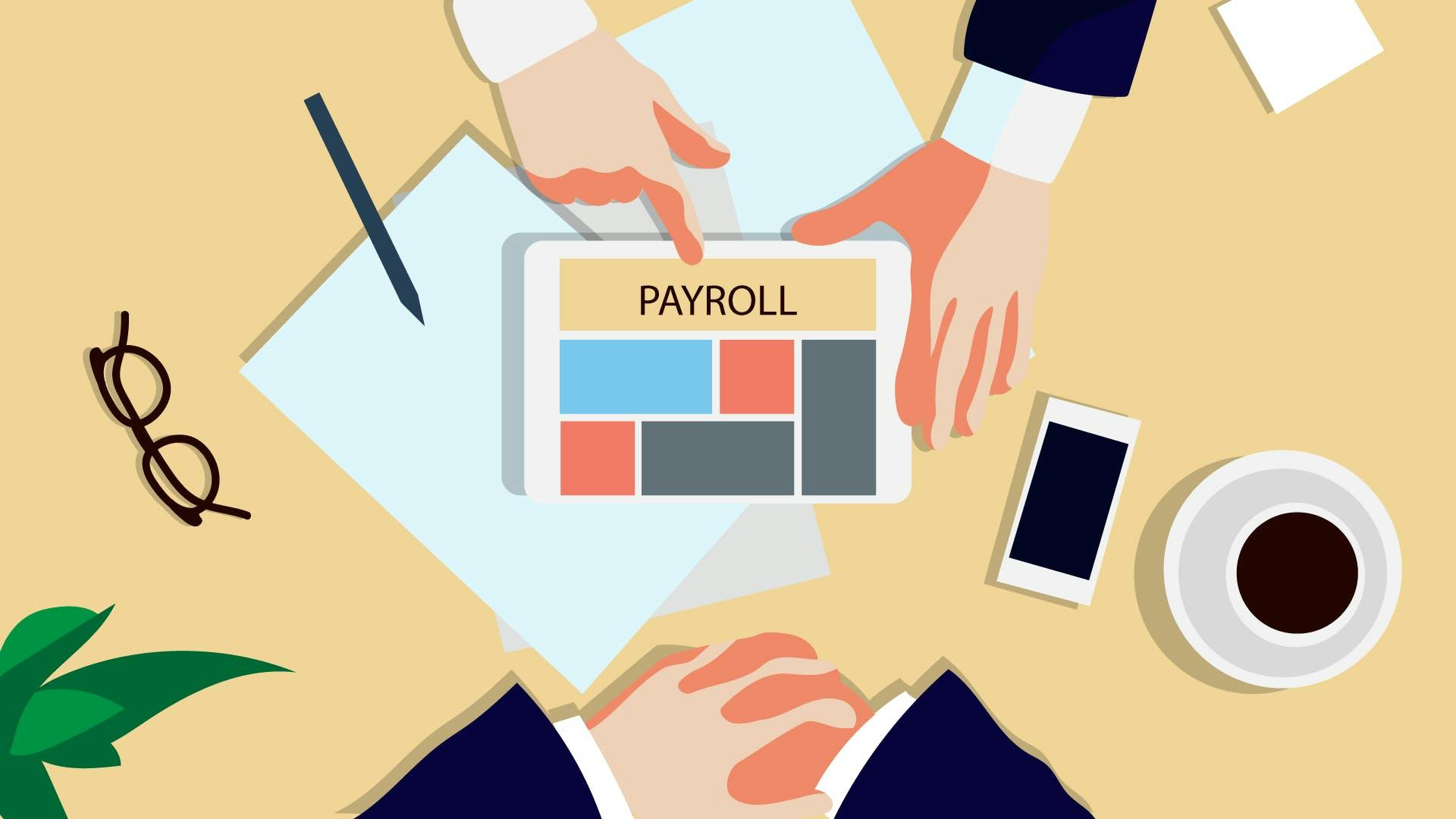The Follow Up
Yeah, this can be hard. Following up even politely via email can be the very last thing you want to bring to the table with a client. So, stay very friendly and stay very on point. Let them know the deadline has passed and ask when you could expect the payment as a result. Do these on a regular basis from the date the deadline has passed, for example, weekly - most especially if you are not getting responses. Should you continue not to get a response, call the office or persons in question and ask to discuss the matter. Remember to stay calm and kind, and focused only on having the outstanding payment made for services rendered.
Next steps
Obviously, going to a lawyer is a good option but certainly not the most affordable next step for most people. Nor is it particularly fast. At this point, it is assumed you have gone through the friendly follow up also. And, you will need to prove you have taken extensive action outside of a legal action. So before concrete legal action, you must send late payment notices/reminders. In Germany, they are known as Mahnung . It is standard practice to send three with the terms of payment clearly outlined, giving clear time frames for the company/persons to respond. Your Mahnung needs to be appropriately titled, and perhaps you can seek a lawyers assistance for standardised templates to use should you need to, and your notice should include:
Salutation: "Dear Mr ..."
Subject: "Reminder Invoice Number XXXXX"
Introduction: "According to our records, our invoice no. XXXXX of 26th May has not been settled." The enclosed copy shows an outstanding balance of EUR XXXXX. "
Middle section: "Perhaps this delay in payment is simply due to an oversight on your part." In that case, we would kindly ask you to remit the amount in question in the next few days. We would urge you to contact us. If there is a problem, maybe we can find a solution together."
At this point, both parties should seek to have the account resolved because legal action really should be a final resort. Ensure you reference the original signed contract between the parties that is the oversight on what the agreed terms were. Ensure you note that while further steps should be avoided, that you will pursue the matter legally and subsequent costs to the client may accrue as a result. It is certainly best to seek solid advice from qualified persons or government bodies before you would ever send such a letter, but, you can standardise the process once you have a clear idea of what that is.
Cash flow is the most crucial component to keeping on top of and maintaining a busy business - and hopefully, even if it is just you, there is a little bit of busy. Most clients are pretty understanding and mistakes can happen. That said, creating a process and procedure to bring into play in the event a payment is overdue can save a lot of hand-wringing and worry. Follow the steps and keep working with other clients, and always work to keep a strong relationship with the client who is late to pay. Your mission is to be paid for the work rendered and with a strong system in place you can ensure you have all the safeguards you need to make that happen. Onwards and upwards, a regular slate of reliable clients will reveal itself the longer you work in the game!


